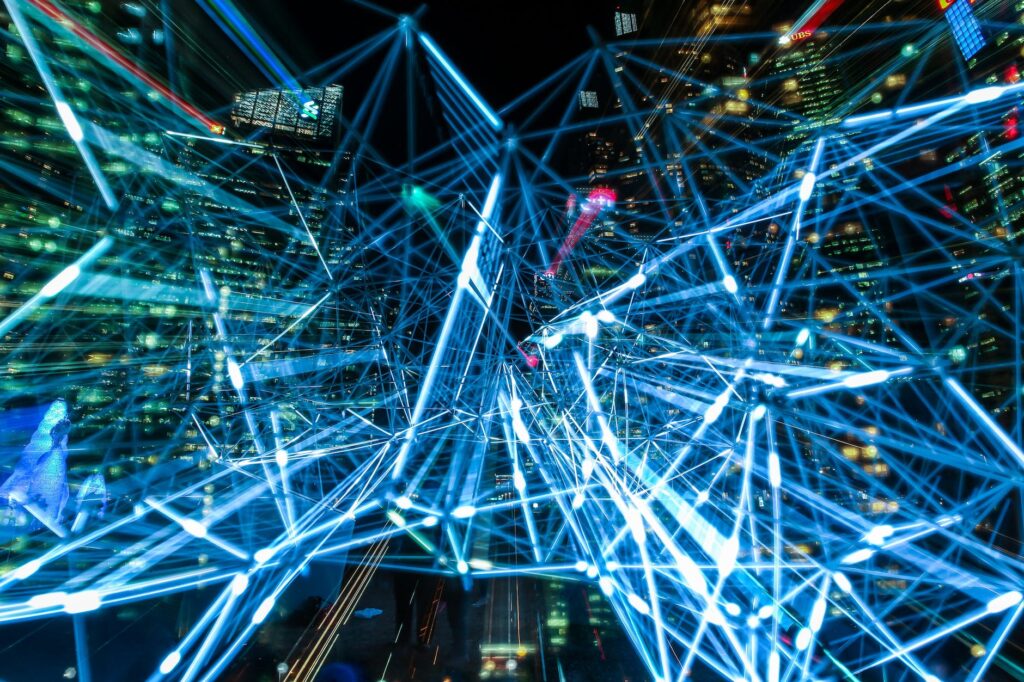
Introduction
Artificial Intelligence (AI) has made remarkable progress in recent years, affecting nearly every industry and aspect of daily life. From Siri and Alexa to self-driving cars and robots in manufacturing, AI has demonstrated its potential to revolutionize the way we live and work. Says Dylan Sidoo, As AI continues to advance, businesses and society will face new challenges and opportunities in the coming years. In this article, we will explore the future of AI in business and society, highlighting its potential impact and the challenges that will need to be addressed.
The Impact of AI on Business
Artificial Intelligence is already transforming the way businesses operate and compete. AI has the ability to automate manual and repetitive tasks, freeing up employees to focus on higher-value activities. Additionally, AI-powered systems can analyze vast amounts of data to identify patterns, make predictions and make more informed decisions.
In the future, AI is likely to become even more ingrained in business processes. For example, AI-powered customer service systems will continue to improve, providing more personalized experiences for consumers. AI will also play a crucial role in supply chain management, optimizing logistics and production processes to improve efficiency and reduce costs.
However, the widespread adoption of AI will not come without challenges. Many employees will be displaced as AI automates their jobs, leading to a need for retraining and reskilling. Additionally, as AI becomes more integrated into business processes, companies will need to be mindful of the ethical implications of their AI systems and ensure that they are transparent, fair and unbiased.
The Impact of AI on Society
Artificial Intelligence will have far-reaching effects on society, both positive and negative. On the one hand, AI has the potential to greatly improve people’s lives by providing better healthcare, education, and public services. For example, AI-powered systems could be used to diagnose diseases, personalize education, and improve urban planning.
On the other hand, AI also presents some challenges to society. As AI automates more jobs, there will be a risk of increasing unemployment and income inequality. Additionally, the widespread use of AI could lead to increased privacy concerns, as AI systems collect and process vast amounts of personal data.
Conclusion
In conclusion, the future of Artificial Intelligence in business and society is both exciting and uncertain. AI has the potential to transform the way we live and work, bringing benefits such as improved efficiency and better decision-making. However, it will also present new challenges, such as job displacement and the ethical implications of AI systems. To ensure that AI is developed and used in a responsible and ethical manner, businesses and society must work together to address these challenges. By doing so, we can ensure that the future of AI is a bright and prosperous one for all.